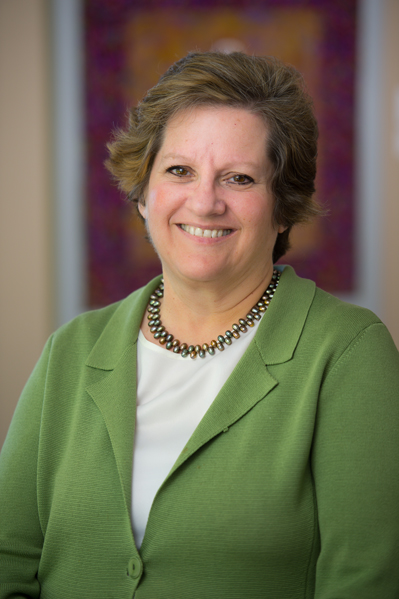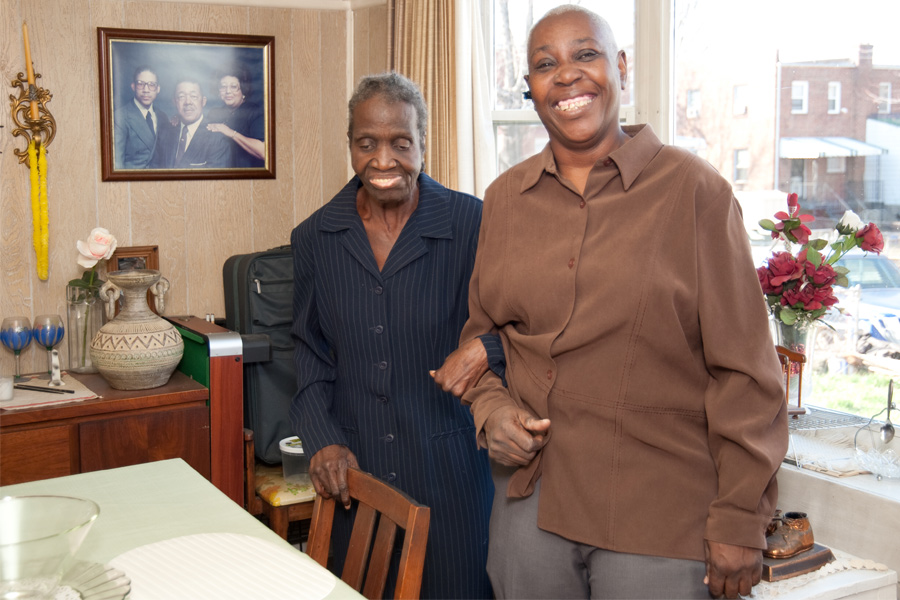Take Charge of What You Communicate to Your Doctor

Life gets busy fast, and sometimes it’s hard to pay attention to your health or even schedule your annual check-up with your primary care doctor. But while it’s common for many health tasks to take a backseat to other day-to-day activities, that doesn’t mean you can ignore your health completely.
Take charge with these tips to get on track.
Due (or overdue) for your annual physical? Schedule one today! Then, plan to make the most of your appointment with these tips.
- Think about and prioritize the topics you wish to discuss in order of what’s important to you before your visit to the doctor.
- Save the small talk for the end of the appointment.
- Remember, mental health is important too! If you’re feeling anxious, depressed, overwhelmed, or anything else, it’s good to share that information with your primary care doctor who can give appropriate advice and referrals.
- To help you stay on track of future and follow-up appointments, use a system that works for you, be it notes on a paper calendar, or setting reminders on a digital calendar on your phone. Once you receive confirmation of your next appointment, immediately put the information into your calendar.
How do I communicate with my doctor in-between appointments?
Communicating with your doctor after or between appointments has gotten easier in some practices. Patient portals are increasingly the most efficient way to deliver a non-urgent message to your doctor or their staff.
Patient portals are secure online websites. They provide patients with convenient, 24-hour access to personal health information from anywhere with internet access. With a secure username and password, and internet access, you can view all of your health information in one place. You get access to recent doctor visits, lab results, medication lists, upcoming appointments, and even referrals to other medical providers. If you have an urgent issue, you should still call your doctor’s office, or call 911.
Another great resource for communicating your medical needs and preferences with your doctor is by using an advance healthcare directive.
An advance directive is a document that acts as your living will. It is important because it communicates your healthcare wishes with medical professionals and family members or friends, should you become incapable of expressing them yourself.
If you have one, make sure that you review and update your advance healthcare/medical directives as often as necessary. You’ll want to highlight all, new changes. Be sure to discuss and share the updated version of your advance healthcare directive with your doctor and your Health Care Power of Attorney. For more information on healthcare directives and to see a sample, check out Iona’s recent blog that tells you all about advance directives.
If you need help thinking through your advance directive, you might consider consulting with a professional. To learn more about our services and speak with a social worker, contact our Helpline. Iona’s Helpline is open Monday – Friday from 9:00 AM – 5:00 PM. Call (202) 895-9448 or email info@iona.org.
By Iona Care Manager Carol Kaplun
Carol joined Iona in 2003, and currently manages Iona Care Management. As a care manager, she helps older adults and their family members explore options and navigate through the everyday challenges of aging to achieve the most positive outcomes possible. Carol also leads workshops for Iona’s Take Charge/Age Well Academy and in the community. Workshop topics include Stay or Move: How to Find and Pay for the Best Living Arrangement and Hospital to Home: Navigating Transitions in Care. Carol is a member of the Aging Life Care Association. Carol is a graduate of Georgetown University and the University of Maryland School of Nursing. Prior to joining Iona, she worked as a clinical Research Nurse at the National Institutes of Health.
Related Articles

The Stories of Dementia in the District

A Couple’s Vows Create Opportunities to Age Well

Can You Imagine Taking Three Buses to Get to Iona?

